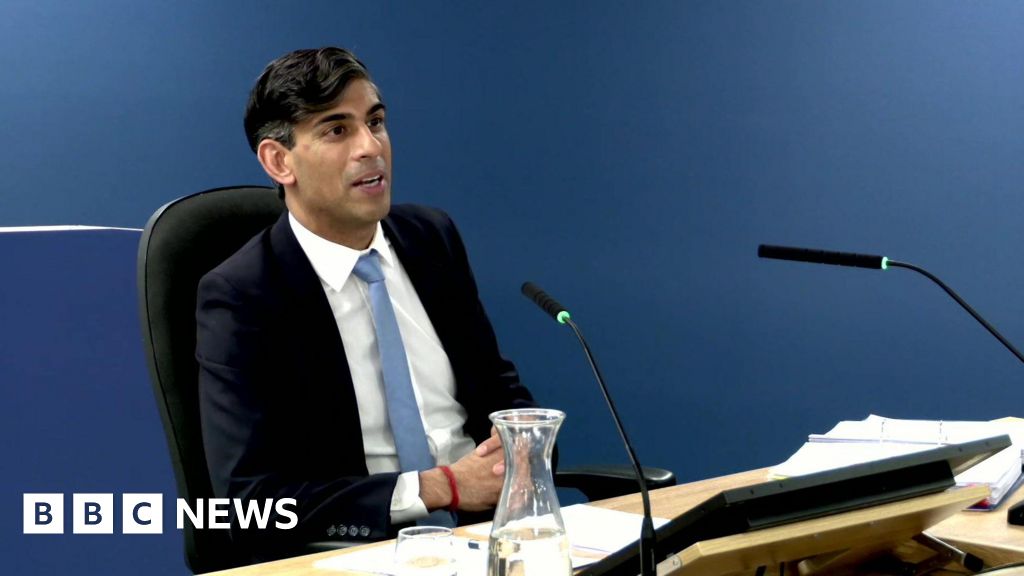
House lawmakers debate the state of American education : NPR
- Politics
- February 7, 2025
- No Comment
- 157

Rep. Bobby Scott of Virginia began a recent hearing of the House education committee by addressing the “elephant in the room” — President Trump’s efforts to diminish, and eventually dissolve, the U.S. Education Department.
Jose Luis Magana/AP; Getty Images; Photo collage/Newsportu
hide caption
toggle caption
Jose Luis Magana/AP; Getty Images; Photo collage/Newsportu
U.S. education policy is at a crossroads.
The White House wants to close the U.S. Department of Education, and has placed dozens of employees on paid leave with little explanation. Its plan, which it confirmed to Newsportu, is to quickly shutter programs that are not protected by law and to call on Congress to do the rest.
President Donald Trump and Republicans have also voiced a desire to use their congressional majorities to overhaul higher education and create a federal tax credit program that would help families nationwide pay for private schooling.

Democrats, meanwhile, are trying to figure out how to stop him.
Amid all this turmoil, on Wednesday, the House education committee – its members charged with forging consensus on the nation’s education policy – held its first meeting of this new congressional term. At the convening, aptly titled “The State of American Education,” some of the nation’s biggest disagreements around education exploded into full view.
On closing the U.S. Education Department
“I’d like to first start with the elephant in the room,” began the committee’s top Democrat, Rep. Bobby Scott of Virginia. “The irony is not lost on me that we’re here to discuss the state of American education while the current administration is actively discussing how to dismantle the main federal agency responsible for ensuring a safe, quality education for all students.”
The U.S. Department of Education does many things. It sends billions of dollars to schools that serve lower-income students, safeguards the civil rights of kids with disabilities, and it runs the nation’s $1.6 trillion student loan program.

During the hearing, Scott and his fellow Democrats fiercely defended the department, while Republicans cheered Trump’s efforts to close it.
“I very much support President Donald Trump for his courage to promote local elected school boards with the elimination of the duplicative, wasteful, interfering and federal Department of Education,” said Rep. Joe Wilson, a South Carolina Republican. “The [federal] funding clearly should go to the students and not to bureaucrats.”
Missouri Republican Bob Onder added: “There are some good functions in the Department of Education, [special education] and so on, but they could be spun off.”
In one heated exchange, California Democrat Mark Takano reminded his Republican colleagues “a president cannot unilaterally dismantle an agency or department that was established in law. … I mean, this hearing is called ‘The State of American Education,’ but from what I’m seeing from the other side’s behavior, it really should be called, ‘The Republicans Surrender to a Would-be King.’ “
Some agreement on student achievement
Republicans and Democrats did largely agree on at least one thing:
K-12 student learning is not where it should be.
“There’s much work that needs to be done,” said the committee’s new chairman, Republican Tim Walberg of Michigan. “Results from the most recent National Assessment of Educational Progress show that students have still not recovered from the pandemic, if that’s the key excuse. Students are still scoring at lower levels in math and reading than they were in 2019.”

Walberg is right, and Democrats joined him in sounding the alarm.
“I spent 40 years in the classroom, 40 years. So I didn’t read about education in a report, I lived it,” said Rep. Alma Adams, a North Carolina Democrat. “And I’ll tell you right now that the way things are going, we’re failing our children.”
What Democrats and Republicans could not agree on was why and what to do about it.
Adams suggested putting more money into teaching.
“If we don’t invest in the people standing at the front of the classroom, we can’t expect students to succeed.“
Republicans argued a different malady. Students are struggling, Walberg claimed, because “many schools have lost focus on teaching the core skills needed for successful careers… Many systems have become fixated on teaching divisive ideologies.”
On those “divisive ideologies”
This idea that public schools have been pushing liberal views on race and gender is not new. It’s fueled an explosion in requests that school libraries remove books that some adults find offensive. In the 2023-24 school year, PEN America documented more than 10,000 school book bans across the U.S.

Trump has also begun sidelining Education Department staffers believed to be associated with DEI programs and issued an executive order on Wednesday threatening to withhold federal funding from schools that allow transgender women and girls to compete in women’s sports.
Little surprise, this fight over race and gender took center-stage in the hearing, too.
Nicole Neily, who testified before the committee as president of the conservative-leaning Parents Defending Education, inveighed against Biden administration efforts to encourage diversity, equity and inclusion in K-12 schools.
“Identity politics permeate districts across America in word and deed,” she said. “Children are regularly treated differently based on race… 80 years after Brown v. Board of Education, segregated activities persist in the guise of affinity groups where students and teachers are included or excluded because of skin color.”
Rep. Jahana Hayes, D-Conn., a former high school history teacher and 2016 National Teacher of the Year, offered the hearing a personal history lesson on why, she said, the federal government must continue to safeguard educational opportunities for traditionally marginalized children.

“While many of you have a very short memory, I chose to go to college because my grandmother could not. There were laws prohibiting it,” said Hayes, who is Black.
On school choice
Then there was the debate over allowing families to use public dollars to send their children to any school they choose, including private and religious schools. Currently, the federal government can do very little to encourage this so-called private school choice, but President Trump wants to change that.
The lone witness at the hearing who was invited by Democrats, Janai Nelson, president of the NAACP Legal Defense Fund, argued fiercely against Trump’s plans.
“Sadly, [Brown v. Board‘s] mandate to provide all students with quality learning experiences that respect their full humanity, intelligence and dignity… is under fierce attack,” Nelson said.

She did not mince words, invoking the former Alabama governor who famously demanded “Segregation forever!” when she argued that this choice movement “seeks to achieve what George Wallace and his extremist acolytes could not: The hoarding of public resources to fund private education for a privileged few at the expense of the many.“
The lone Black Republican on the committee, Burgess Owens of Utah, disagreed. He argued that parents shouldn’t have to wait for their public schools to improve.
“We have Black mothers and fathers lining up to get into a choice, a voucher program, because they’re living in a zip code [where] their kids cannot get educated.”
Owens’ solution: “Giving our parents a choice.”
During his first term, Trump championed a plan to create a $5 billion federal tax credit to help parents pay for private school tuition. Republicans are renewing a push for a credit in 2025.
According to the most recent federal data, 4.7 million children attend private schools.
Nearly 50 million children attend the nation’s public schools.
This fight will likely play out all over again next week, when the Senate education committee meets for the confirmation hearing of Linda McMahon, Trump’s choice to lead – and potentially unwind – the Education Department.
#House #lawmakers #debate #state #American #education #Newsportu









